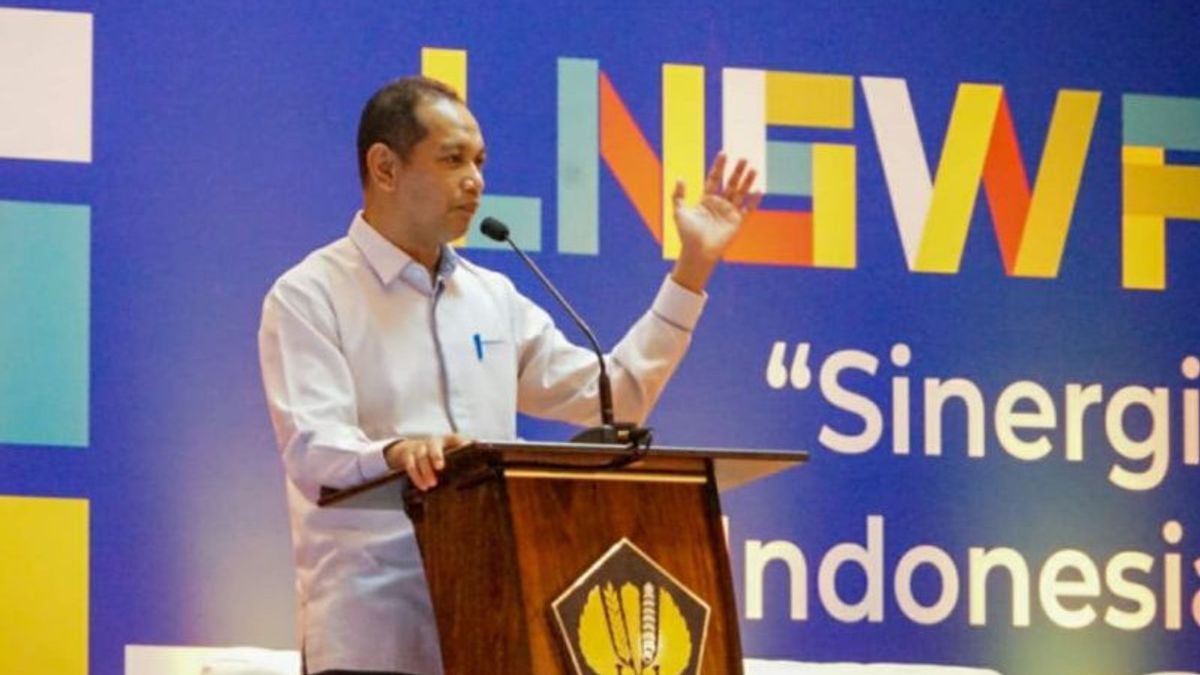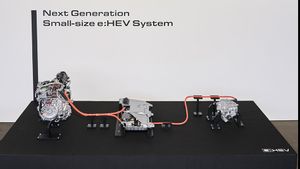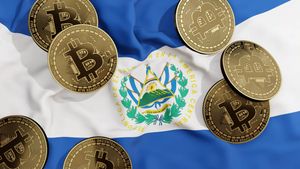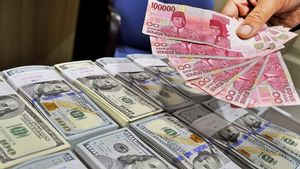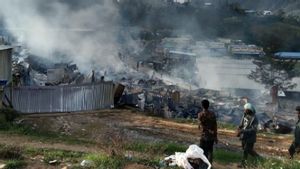JAKARTA - The Corruption Eradication Commission (KPK) accompanies the National Single Window Institution (LNSW) in realizing transparent export-import governance, simple business processes and integrated services.
This assistance is an effort to minimize corruption-prone points in the implementation of export-import in Indonesia.
This was conveyed by the Deputy Chairperson of the KPK, Nurul Ghufron in the Commodity Balance Talkshow entitled "Synergy for Advanced Indonesia 2045" which was held by the Ministry of Finance, Monday 30 May.
"The National Single Window Institution is a derivation of the government's policy of attracting investors and boosting economic growth, particularly through transparent export-import activities and simple business processes and integrated services," said Ghufron as quoted from a written statement received in Jakarta, Tuesday, May 31. .
According to him, the problem in the export-import trade system that is not transparent in granting permits, is prone to abuse of authority to bribes that will harm business actors.
"Transparency is needed in granting export-import permits to provide certainty, both to producers, trade actors and the state," said Ghufron.
He said the export-import licensing business process is still carried out in a compartmentalized, separate, and spread out in each relevant ministry/institution so that commodity data is not "clear" and results in corruption.
"The KPK records that in 2013 there were bribes for importing meat, then 2016 was in the sugar sector so that it could be imported. Then in 2017 changed the regulations in the health and livestock sectors, it involved bribery in it," he said.
Therefore, he continued, based on Government Regulation Number 54 of 2018 concerning the National Strategy for Corruption Prevention (Stranas PK), the KPK together with the Ministry of Economy, LNSW and related ministries/institutions are working to improve export-import governance in Indonesia.
This effort is realized by establishing a national system of import-export data and information called the National Commodity Balance System. This system can be used by all parties as a means to maintain accountability for the implementation of export-import policies so that there is no longer any gap for government officials or private parties to commit corruption.
The existence of a commodity balance, according to Ghufron, has three main functions, namely as a basis for issuing import approvals or export approvals, as a reference for national production and consumption data and as a reference for national industrial development.
"It is hoped that this commodity balance will provide certainty so that it is known how much the Indonesian people need for certain commodities, and what the level of local production is so that the reasons for importing are clear. Do not allow imports to be carried out during the main harvest," said Ghufron.
Until early 2022, under the supervision of the KPK, a Presidential Regulation on Commodity Balances was issued in which there was an agreement on export-import data elements for four commodities, namely rice, sugar, meat, and salt.
"One thing that still needs to be monitored based on the Stranas PK report last period is the implementation of the system in other ministries/institutions which is not yet ready. Then the protocol documents for data submission and exchange as well as incentive and disincentive schemes," he said.
The English, Chinese, Japanese, Arabic, and French versions are automatically generated by the AI. So there may still be inaccuracies in translating, please always see Indonesian as our main language. (system supported by DigitalSiber.id)
